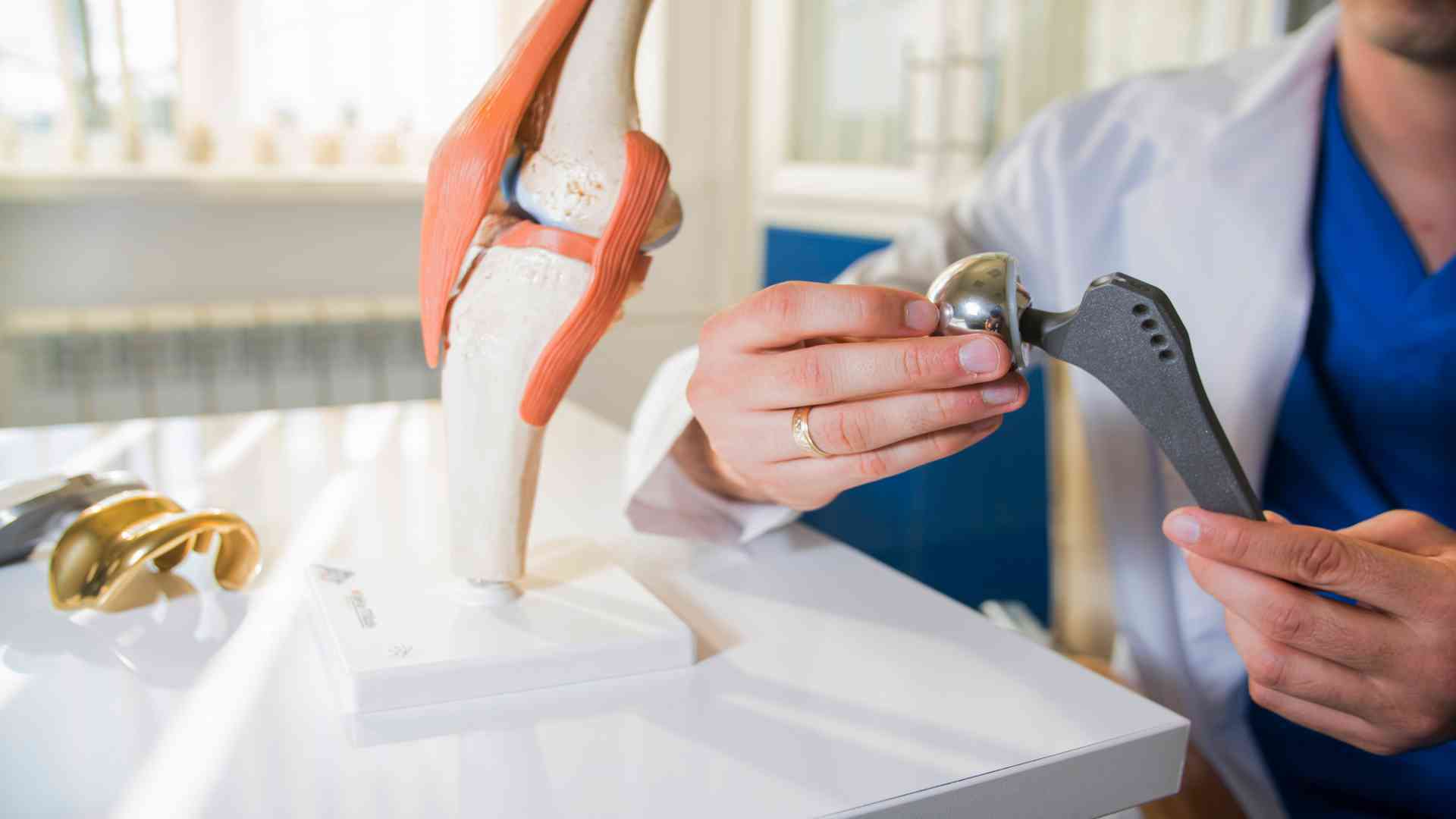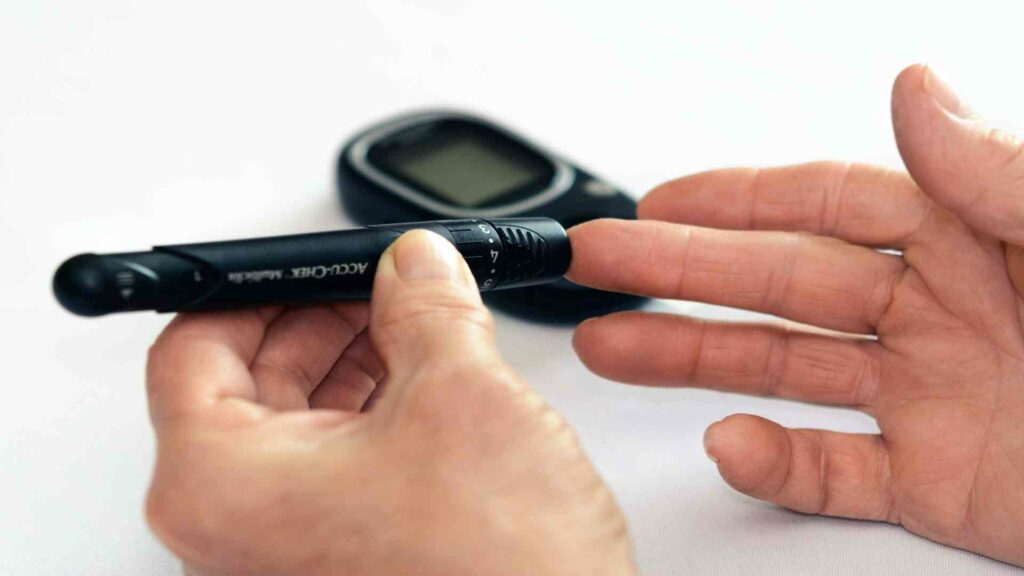Boron-Based Material for Hip Replacement
Hip replacement surgery, also known as arthroplasty, is a common procedure performed to relieve pain and improve function in individuals with hip joint arthritis or other hip joint-related conditions. In recent years, the use of boron-based materials in hip replacement surgeries has gained popularity due to their high strength, biocompatibility, and ability to promote bone growth.

Hip Replacement
Benefits of using boron in hip replacement surgery
Boron has several advantages over traditional materials used in hip replacement surgeries, such as stainless steel and titanium alloys. Firstly, boron-based materials have a higher strength-to-weight ratio, making them lighter and more durable. This helps reduce the stress on surrounding bones and tissues, reducing the risk of implant failure.
Additionally, boron has excellent biocompatibility, meaning that it is less likely to cause adverse reactions or immune responses in the body. This is important in reducing the risk of infections and other complications associated with hip replacement surgeries.
Another important advantage of boron is its ability to promote bone growth. This is due to its unique ability to interact with bone cells and stimulate bone regeneration. This can help reduce the risk of implant loosening, which is a common complication in traditional hip replacement surgeries.
Furthermore, boron has been shown to increase bone density, which can help improve the implant’s stability and reduce the risk of fractures.
Some studies have suggested that boron plays a role in the formation and maintenance of bone matrix and may also have anti-inflammatory properties that can aid in the healing process. Additionally, boron has been found to increase the activity of enzymes involved in collagen synthesis, further supporting its role in promoting bone growth.
Comparison with traditional materials
Traditional materials used in hip replacement surgeries, such as stainless steel and titanium alloys, have been in use for many years and have proven to be reliable and effective. However, these materials have several limitations that make them less desirable for hip replacement surgeries.
For example, they have a higher density, which can increase the stress on surrounding bones and tissues, leading to implant failure. Additionally, they are more prone to corrosion, which can lead to adverse reactions and infections.
In contrast, boron-based materials offer several advantages over traditional materials. They are lighter and stronger, reducing the stress on surrounding bones and tissues. They are also biocompatible, reducing the risk of adverse reactions and infections.
Furthermore, boron has been shown to promote bone growth and increase bone density, which can improve the stability and longevity of the implant.
Advancements in boron-based hip replacement technology
With advances in hip replacement technology, new boron-based materials have been developed that offer even greater benefits over traditional materials. These materials are lighter and stronger, improving durability and stability. Additionally, new manufacturing techniques have been developed that allow for the creation of more intricate and custom-fit implants, improving the overall outcome of the surgery.
Boron for Bone Health
Boron has been shown to have a positive impact on calcium metabolism, which is critical for maintaining strong and healthy bones. Additionally, boron has been found to improve estrogen levels and regulate sex hormones, which play a key role in bone health. By improving estrogen levels, boron may help to reduce the risk of osteoporosis and other bone-related conditions.
Another important benefit of boron is its impact on joint health. Boron has been shown to provide lubricity and reduce friction in joints, making it an important element for those with joint conditions such as arthritis. Additionally, boron has been found to have anti-inflammatory properties, which may help reduce pain and inflammation in joints.
Boron for Wound Healing
Boron is involved in a number of important physiological processes and has been found to have a positive impact on wound healing in a number of ways.
One of the most well-known benefits of boron in wound care is its role in improving the growth and maintenance of new tissues. Boron has been found to play a critical role in the formation of new tissues, including skin and connective tissues, by facilitating the growth and development of new cells.
Boron has been found to have antimicrobial properties, which may help to reduce the risk of infection in wounds. Additionally, boron has been shown to have a significant effect on wound healing when applied as a 3% boric acid solution. Boron may help to promote faster healing and reduce the risk of complications associated with chronic wounds.





